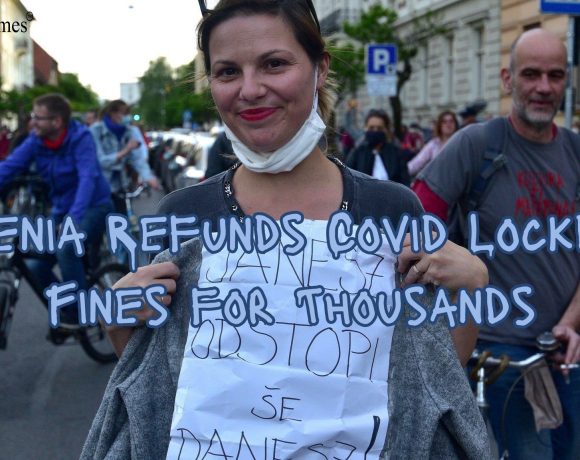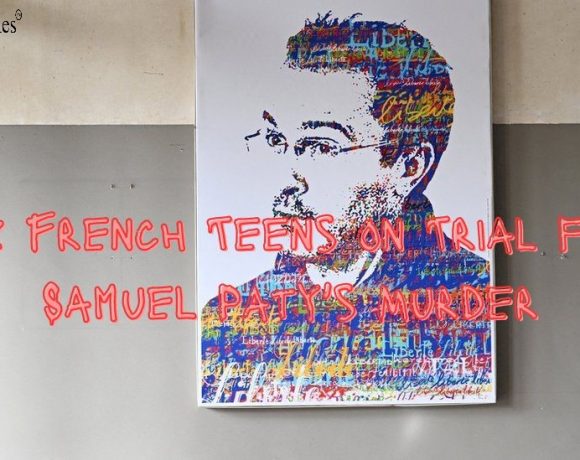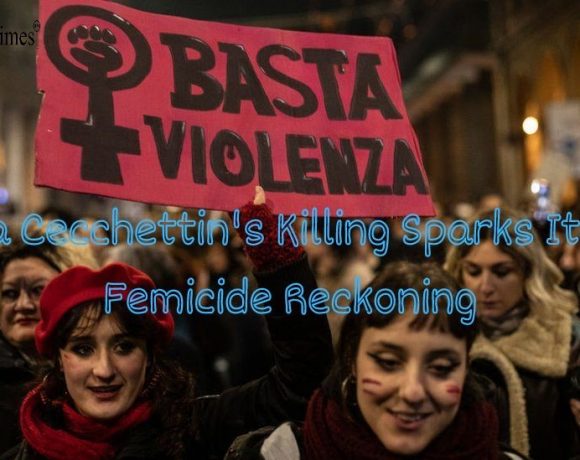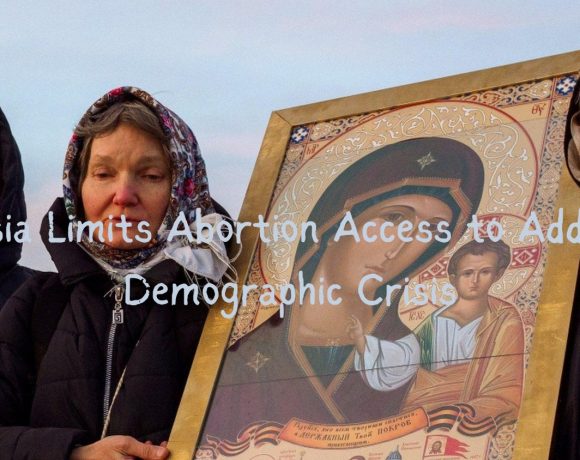
In Ljubljana, a delivery rider’s indulgence in a €400 burek, a Balkan pastry, during the initial Covid lockdown marked an unusual and notably expensive fast-food experience. The incident garnered attention as police surrounded the rider for a seemingly minor offense – not wearing a mask while eating on the steps of a church. This photograph became a poignant symbol of the stringent enforcement of Covid restrictions during the pandemic in the Slovenian capital.
Over a span of more than two years, the authorities in Slovenia issued a staggering €6 million in fines, affecting more than 60,000 individuals who allegedly violated anti-Covid measures. The fines were issued under the strict regulations imposed by the previous right-wing administration led by former Prime Minister Janez Janša. These measures included restrictions on freedom of movement and assembly, local travel limitations, and a nighttime curfew. The hungry food delivery driver was just one of many who faced penalties for violating face mask mandates, even in outdoor settings, and navigating daily activities without a Covid certificate became exceptionally challenging.
This week, a significant development takes place as legislation comes into effect to refund the fines issued during this period. This initiative fulfills a promise made by Prime Minister Robert Golob before his center-left Freedom Movement came into power last year. The move aims to rectify the harsh consequences of the previously imposed measures and rebuild public trust in the rule of law, which had been significantly undermined by what is now deemed as excessive and unconstitutional repression during the pandemic.
While the decision to refund fines has been welcomed by many, it has not been universally embraced. Some critics, including a member of Janez Janša’s SDS party, argue that repaying fines is a disregard for the efforts of health workers who tirelessly fought to save lives during the pandemic. However, the current administration, represented by Justice Minister Dominika Švarc Pipan, views the restitution legislation as essential for restoring Slovenians’ confidence in the rule of law, particularly in the aftermath of what is perceived as overzealous and unconstitutional measures imposed during the Covid crisis.
Picture Courtesy: Google/images are subject to copyright









